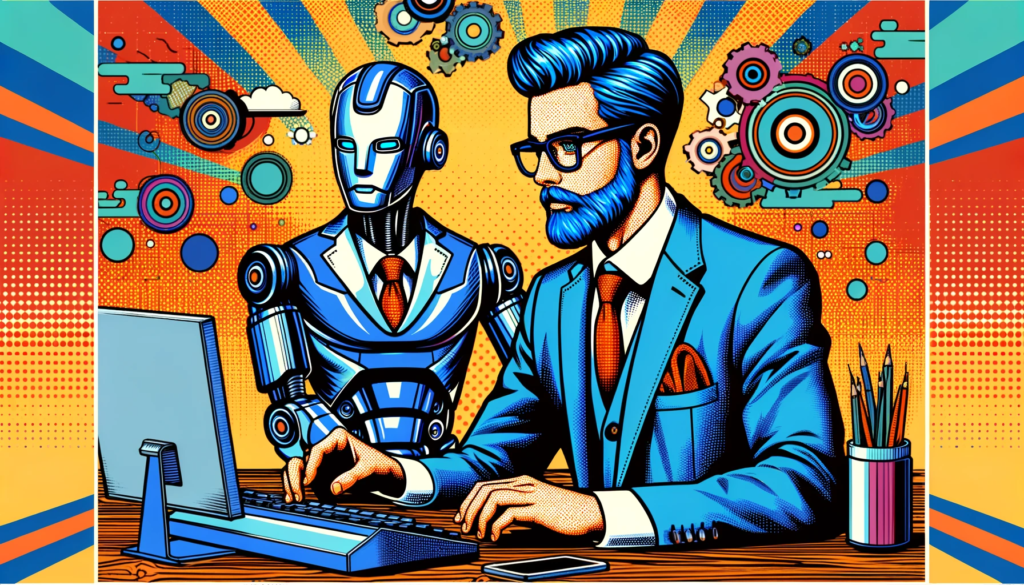Artificial Intelligence (AI) and Blockchain are two of the most transformative technologies of our time. Their integration is driving innovation across numerous sectors, and one area where their convergence is particularly impactful is asset tokenisation. This article explores how AI is revolutionising the process of tokenising assets in the blockchain realm.
Understanding Asset Tokenisation
To grasp how AI influences asset tokenisation, we first need to comprehend what tokenisation entails.
- Asset Tokenisation refers to the process of converting the ownership rights of a real-world asset into a digital token on a blockchain. These tokens represent a certain ownership interest in the underlying asset and can be traded on blockchain platforms.
By employing blockchain technology, tokenisation brings liquidity, transparency, and efficiency to asset markets. However, these benefits can be significantly enhanced through the application of AI.
AI in Asset Tokenisation: Enhancing Efficiency and Accuracy
The application of AI in asset tokenisation can enhance the efficiency, accuracy, and potential of the tokenisation process. Here’s how:
Streamlining the Tokenisation Process
AI can be utilised to automate and streamline various aspects of the tokenisation process:
- Data Processing: AI can rapidly process vast quantities of data related to the assets being tokenised, such as asset valuations, historical trading data, and market trends.
- Smart Contracts: AI can assist in creating and managing smart contracts used in the tokenisation process, ensuring accuracy and efficiency.
- Regulatory Compliance: AI can automate compliance checks to ensure that the tokenisation process adheres to relevant regulations.
Improving Market Predictions
AI’s machine learning capabilities can be harnessed to provide better predictions for tokenised asset markets:
- Market Trends: AI algorithms can analyse market data to predict trends in tokenised asset prices.
- Risk Assessment: AI can help assess the potential risks associated with tokenised assets, enabling more informed decision-making.
Enhancing Security
AI can also play a significant role in enhancing the security of tokenised assets:
- Fraud Detection: AI algorithms can identify unusual activity or transactions, helping to prevent fraud.
- Secure Transactions: AI can ensure the security and integrity of transactions involving tokenised assets.
Despite these advantages, the application of AI in asset tokenisation also presents several challenges.
Challenges in Implementing AI in Asset Tokenisation
Integrating AI into asset tokenisation comes with its own set of hurdles:
- Data Privacy: AI’s need for extensive data can potentially lead to privacy concerns.
- Regulatory Uncertainty: As the regulatory landscape around AI and blockchain is still evolving, ensuring compliance can be challenging.
- Technical Complexity: The integration of AI with blockchain adds an additional layer of technical complexity to the tokenisation process.
Conclusion: The Future of AI in Asset Tokenisation
AI’s potential to enhance asset tokenisation is enormous, offering increased efficiency, enhanced security, and improved market predictions. As blockchain technology and AI continue to evolve and mature, the integration of these two transformative technologies will further revolutionise the process of asset tokenisation.
However, success in this endeavour will require overcoming the various challenges associated with data privacy, regulatory uncertainty, and technical complexity. As we navigate this fascinating juncture in the evolution of asset tokenisation, it is clear that AI will play an increasingly central role in shaping its future.

